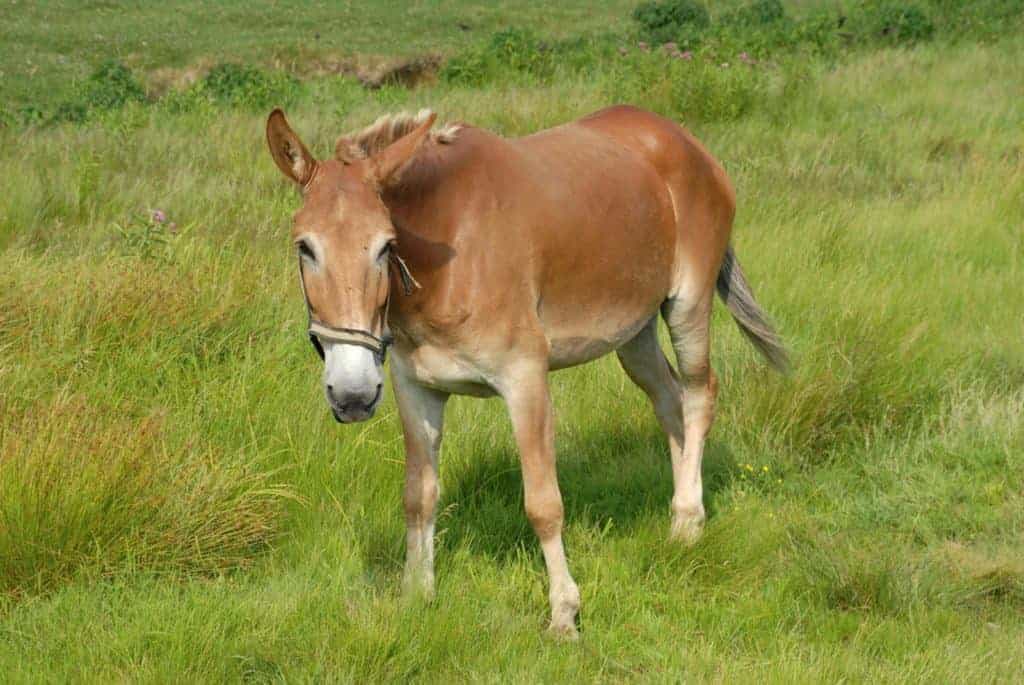Research Sheds Light on Equine Long-Term Memory
Remember back when that umbrella popped open and spooked your horse? That might have been five or even 10 years ago, but new research into equine long-term memory (LTM) shows that your horse probably remembers those events just as well as you do
















